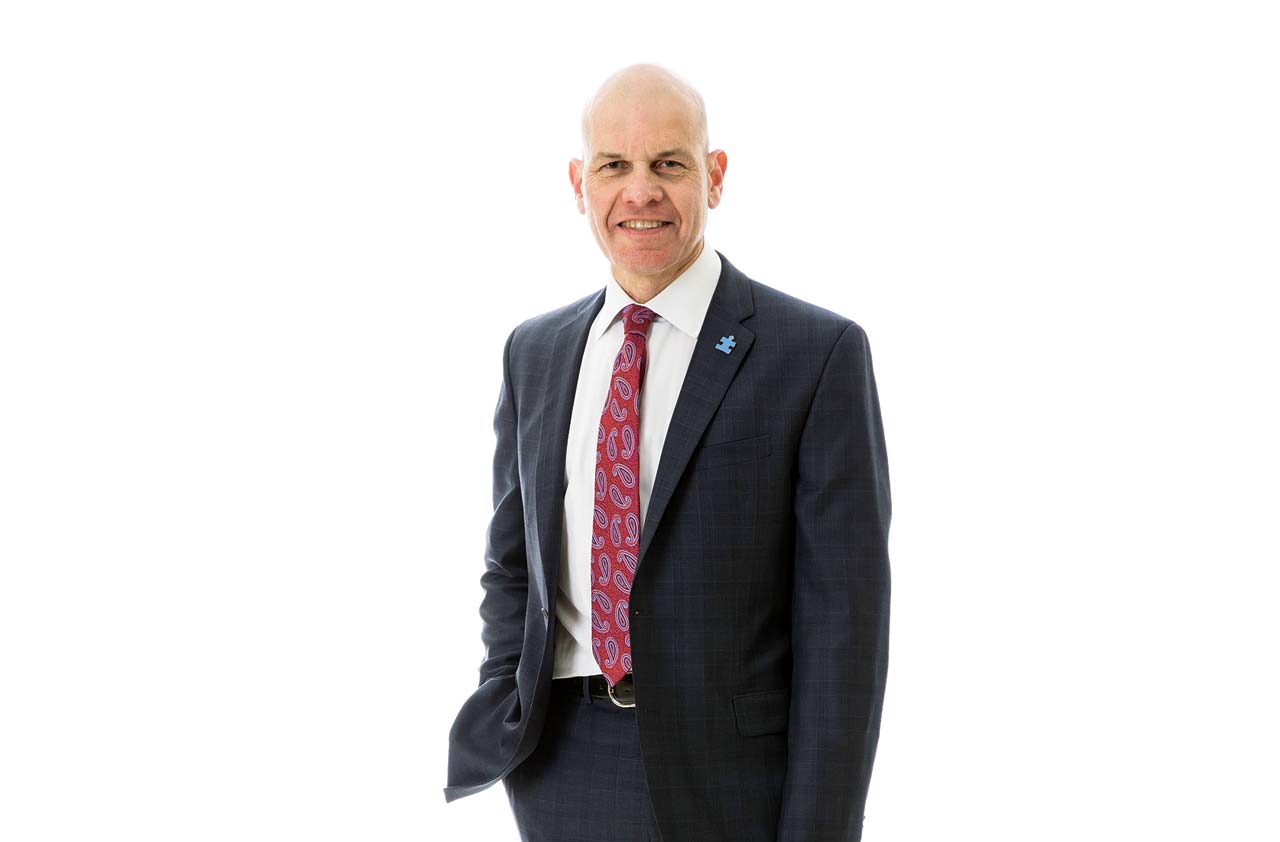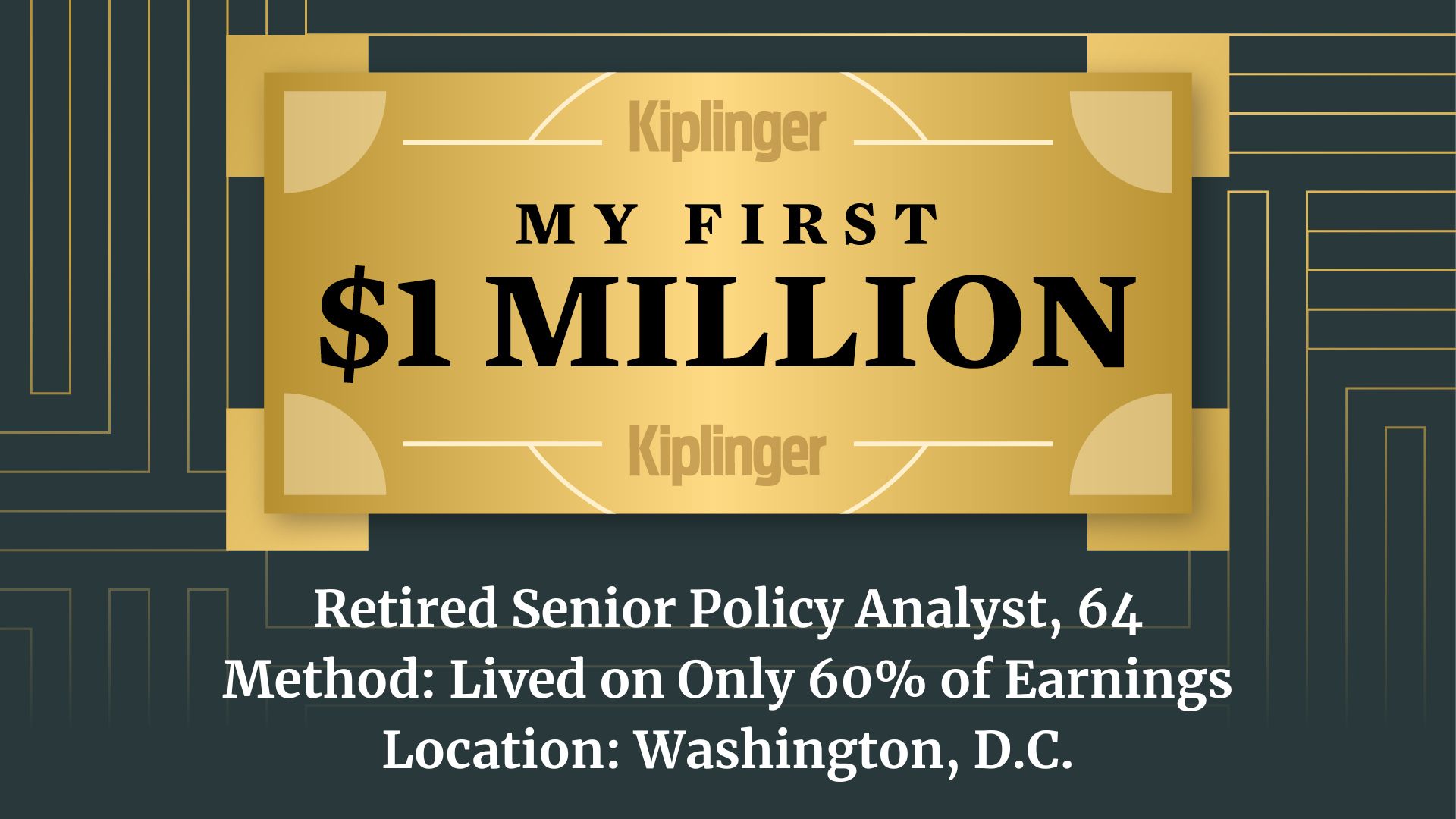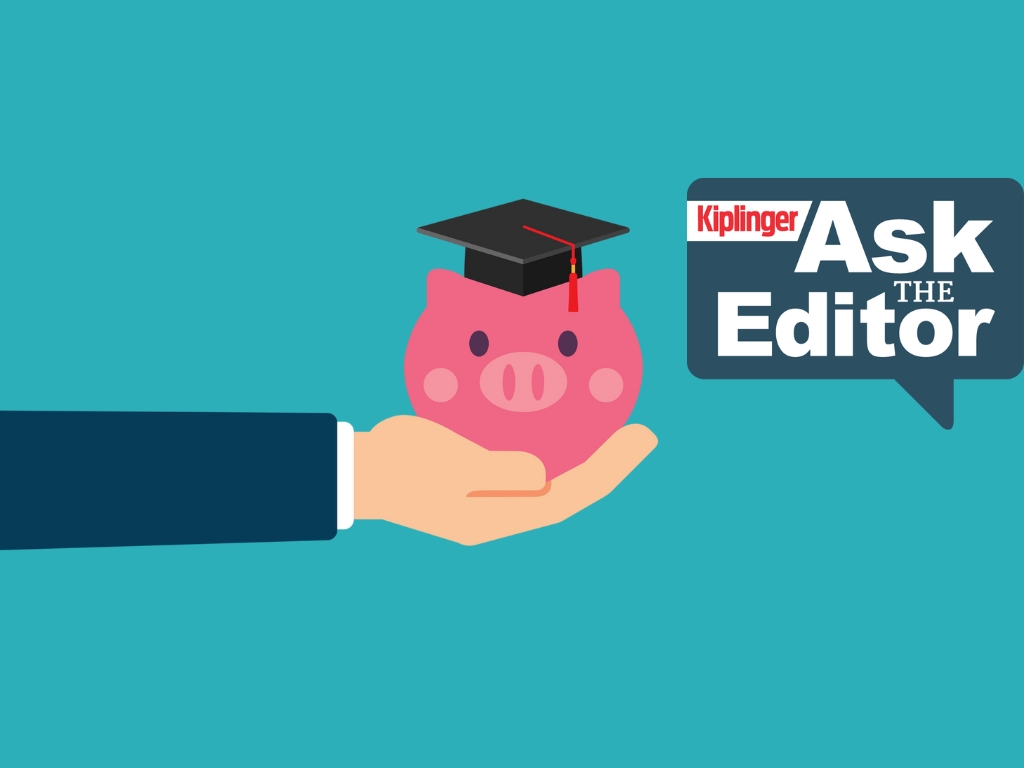Savings Plans for the Disabled
Earnings are tax-free, and funds can be used for a wide range of expenses.


Profit and prosper with the best of Kiplinger's advice on investing, taxes, retirement, personal finance and much more. Delivered daily. Enter your email in the box and click Sign Me Up.
You are now subscribed
Your newsletter sign-up was successful
Want to add more newsletters?

Delivered daily
Kiplinger Today
Profit and prosper with the best of Kiplinger's advice on investing, taxes, retirement, personal finance and much more delivered daily. Smart money moves start here.

Sent five days a week
Kiplinger A Step Ahead
Get practical help to make better financial decisions in your everyday life, from spending to savings on top deals.

Delivered daily
Kiplinger Closing Bell
Get today's biggest financial and investing headlines delivered to your inbox every day the U.S. stock market is open.

Sent twice a week
Kiplinger Adviser Intel
Financial pros across the country share best practices and fresh tactics to preserve and grow your wealth.

Delivered weekly
Kiplinger Tax Tips
Trim your federal and state tax bills with practical tax-planning and tax-cutting strategies.

Sent twice a week
Kiplinger Retirement Tips
Your twice-a-week guide to planning and enjoying a financially secure and richly rewarding retirement

Sent bimonthly.
Kiplinger Adviser Angle
Insights for advisers, wealth managers and other financial professionals.

Sent twice a week
Kiplinger Investing Weekly
Your twice-a-week roundup of promising stocks, funds, companies and industries you should consider, ones you should avoid, and why.

Sent weekly for six weeks
Kiplinger Invest for Retirement
Your step-by-step six-part series on how to invest for retirement, from devising a successful strategy to exactly which investments to choose.
Stuart Spielman is senior policy adviser and counsel at Autism Speaks, a national advocacy group. We spoke with him about new savings accounts being introduced to offer tax advantages for people with disabilities. Here is an edited excerpt of our conversation.
KIPLINGER: A law enacted in December authorizes tax-advantaged savings accounts for people with disabilities. How will these ABLE (Achieving Better Life Experience) accounts work?
SPIELMAN: The structure will be similar to 529 college-savings plans. Anyone can establish an account for an eligible beneficiary. I could open one for my disabled son, for example, or a person with a disability could open one for herself. A beneficiary can only have one ABLE account. Contributions to the account are after-tax, but earnings and distributions from the accounts for qualified expenses won’t count as taxable income. Annual contributions can’t exceed the federal gift-tax exemption, currently $14,000, and the total account can’t exceed state-based limits for 529 accounts.
From just $107.88 $24.99 for Kiplinger Personal Finance
Become a smarter, better informed investor. Subscribe from just $107.88 $24.99, plus get up to 4 Special Issues

Sign up for Kiplinger’s Free Newsletters
Profit and prosper with the best of expert advice on investing, taxes, retirement, personal finance and more - straight to your e-mail.
Profit and prosper with the best of expert advice - straight to your e-mail.
Who qualifies for an account? A beneficiary has to have a disability that is present before age 26. The statutory definition of disability is “marked and severe” functional limitations. People who’ve met the disability standard for Supplemental Security Income (SSI) will qualify. There will also be a certification process defined by law. We’re talking about severe disabilities—conditions such as autism, Down syndrome or blindness—where future needs will be great.
What expenses will the accounts cover? Any number of things. These accounts are broader than college-savings plans because people with disabilities have such varied needs. The money can be used for educational expenses but also for assistive technology, transportation costs, specialized housing and job training. College-savings plans are of particular importance to people of a certain age, but disability is a lifespan issue.
How will the accounts work with other disability benefits? Assets in the accounts generally don’t count when determining eligibility for other programs, except that once you have more than $100,000 in the account, it can have an impact on SSI. This gives individuals a chance to provide for disability-related expenses without taking away the security of programs such as Medicaid and Social Security.
Will the accounts differ by state? Yes. You’re going to see some of the same creativity in the marketplace that we see now with 529 accounts, and the market will be very active.
When will these accounts be available? The law provides a six-month time frame. It’ll take time to develop the financial products, but we should have the accounts in 2015.
Profit and prosper with the best of Kiplinger's advice on investing, taxes, retirement, personal finance and much more. Delivered daily. Enter your email in the box and click Sign Me Up.

Anne Kates Smith brings Wall Street to Main Street, with decades of experience covering investments and personal finance for real people trying to navigate fast-changing markets, preserve financial security or plan for the future. She oversees the magazine's investing coverage, authors Kiplinger’s biannual stock-market outlooks and writes the "Your Mind and Your Money" column, a take on behavioral finance and how investors can get out of their own way. Smith began her journalism career as a writer and columnist for USA Today. Prior to joining Kiplinger, she was a senior editor at U.S. News & World Report and a contributing columnist for TheStreet. Smith is a graduate of St. John's College in Annapolis, Md., the third-oldest college in America.
-
 5 Side Gigs That Let You Travel the World in Retirement
5 Side Gigs That Let You Travel the World in RetirementEarn as you explore: High-flexibility side gigs that enable retirees to blend work and travel in 2026.
-
 My First $1 Million: Retired Senior Policy Analyst, 64
My First $1 Million: Retired Senior Policy Analyst, 64Ever wonder how someone who's made a million dollars or more did it? Kiplinger's My First $1 Million series uncovers the answers.
-
 How You Can Use Donor-Advised Funds to Lower Your Tax Bill
How You Can Use Donor-Advised Funds to Lower Your Tax BillCharitable bunching with a donor-advised fund (DAF) can maximize both the tax benefits and the long-term sustainability of your philanthropic ventures.
-
 9 Types of Insurance You Probably Don't Need
9 Types of Insurance You Probably Don't NeedFinancial Planning If you're paying for these types of insurance, you might be wasting your money. Here's what you need to know.
-
 New Ways to Use 529 Plans
New Ways to Use 529 PlansTax-free withdrawals from 529 plans could help you sharpen your job skills.
-
 I Want to Help Pay for My Grandkids' College. Should I Make a Lump-Sum 529 Plan Contribution or Spread Funds out Through the Years?
I Want to Help Pay for My Grandkids' College. Should I Make a Lump-Sum 529 Plan Contribution or Spread Funds out Through the Years?We asked a college savings professional and a financial planning expert for their advice.
-
 Ask the Editor, September 12: Tax Questions on 529 Plan Rollovers to a Roth IRA
Ask the Editor, September 12: Tax Questions on 529 Plan Rollovers to a Roth IRAAsk the Editor In this week's Ask the Editor Q&A, we answer four questions from readers on transferring 529 plan money to a Roth IRA.
-
 Amazon Resale: Where Amazon Prime Returns Become Your Online Bargains
Amazon Resale: Where Amazon Prime Returns Become Your Online BargainsFeature Amazon Resale products may have some imperfections, but that often leads to wildly discounted prices.
-
 How Intrafamily Loans Can Bridge the Education Funding Gap
How Intrafamily Loans Can Bridge the Education Funding GapTo avoid triggering federal gift taxes, a family member can lend a student money for education at IRS-set interest rates. Here's what to keep in mind.
-
 457 Plan Contribution Limits for 2026
457 Plan Contribution Limits for 2026Retirement plans There are higher 457 plan contribution limits in 2026. That's good news for state and local government employees.
-
 How an Irrevocable Trust Could Pay for Education
How an Irrevocable Trust Could Pay for EducationAn education trust can be set up for one person or multiple people, and the trust maker decides how the money should be used and at what age.